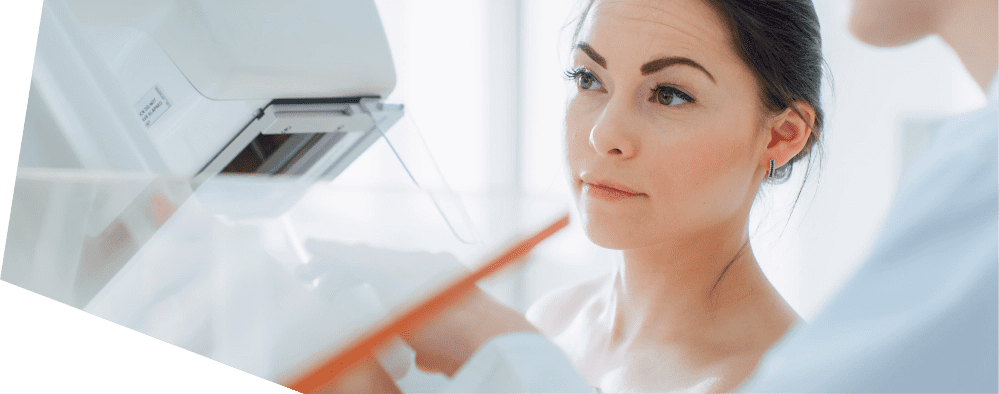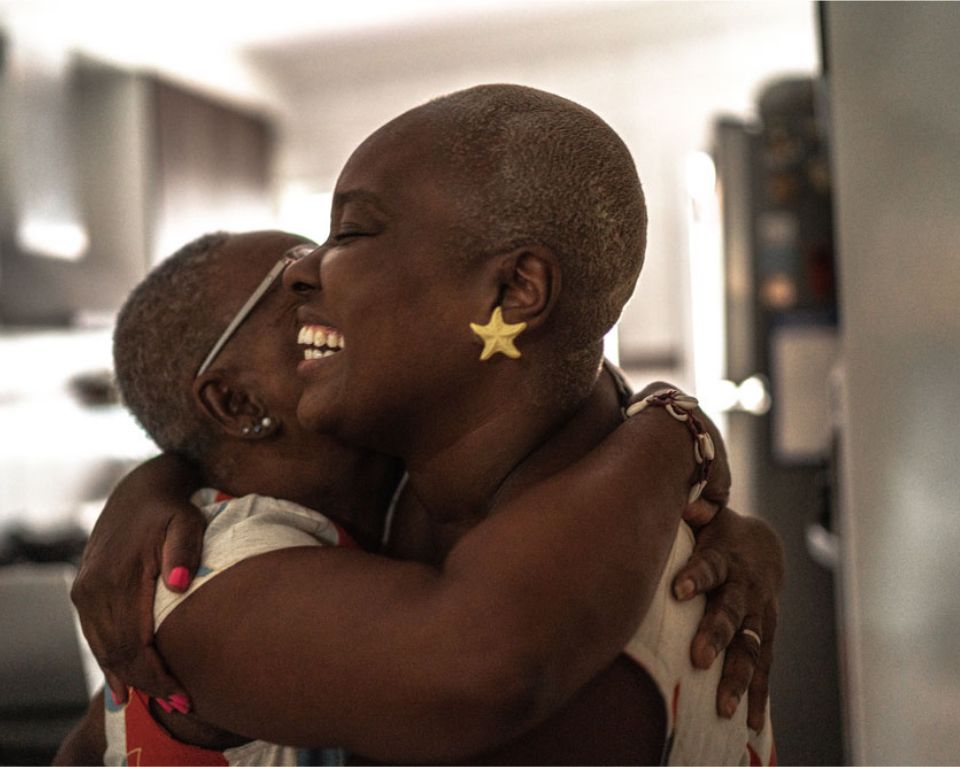
What is a
Clinical Trial & more About Us
What is a Clinical Trial?
Medications must be reviewed and approved by Regulatory Agencies Worldwide. Before a new medicine can be approved for use in humans, it is necessary to confirm that it is acceptably safe and effective. This is done by carrying out clinical trials such as those on our website.
In these clinical trials, volunteers are given medicines that are being tested or a placebo (a placebo is a ‘dummy treatment’ that looks like the study drug but has no active ingredients), whilst being evaluated by trial doctors and staff members. Once the clinical trials are complete the data is submitted to the regulatory agencies worldwide, which then decides whether the medicine is ready to be released to the public.

It is necessary to confirm if a medicine is safe and effective in the human body. The main purpose of testing in an Early trial is to see how the body absorbs, breaks down, distributes through the body, and gets rid of the treatment.
Sometimes, if the medicine is being developed for elderly patients, we will want to investigate the effect increased age might have on these processes by giving the investigational medicine to elderly people, usually between 60 and 85 years.
Occasionally, we want to discover if processes are possibly altered by food by giving the investigational medicine during the presence and absence of meals, we call this a ‘Food Effect’ clinical trial.
Once the Early Phase clinical trial is complete, we aim to understand the safe dose range and potential side effects of the treatment, how it is dealt with by the body and whether it might work in patients.
All our clinical trials are conducted according to Good Clinical Practice (GCP). GCP is a set of recognised ethical and scientific rules that must be followed when designing, conducting, recording, and reporting clinical trials. All our staff are highly trained and work under experienced doctors to perform our clinical trials, and we are regularly audited by the Government’s Medicine & Healthcare products Regulatory Agency (MHRA).
Within our clinical trial site, we have lots of staff including doctors, nurses, research assistants, laboratory technicians, pharmacists, and supporting staff, and we’re very proud of our contribution to advancing modern medicine, improving or even saving the lives of patients for decades to come.
Find out what some of our volunteers have to say about us.

-
Parexel Early Phase Clinical Unit
- *Click on each room to view an image
Verification Area
COVID-19 Test Area
Consenting Ward
Screening Ward
Physician Assessment Area
Laboratory
Screening Area
-
Visitor toilet
-
Reception & Verification Area
-
Physician Assessment Area
-
Screening Ward
-
Physician’s Office
-
Laboratory
*Floor plans not to scale
Reception Area
Wards
Wards
Wards
Wards
Volunteers Lounge
Nurse Station
Kitchen
EEG Cubicles
Respiratory Chamber
Shower Block & Toilets
Laboratory
Pharmacy
Clinic Area
-
Reception Area
-
Wards
-
Volunteers Lounge
-
Nurse Station
-
Kitchen
-
EEG Cubicles
-
Respiratory Chamber
-
Shower Block & Toilets
-
Laboratory
-
Pharmacy
-
What is a ‘Screening’? What happens at this visit?
When you have spoken to one of our clinical trial recruitment specialists and you’ve answered some initial questions about your health status, gender, date of birth, and other general information, if you’re still interested and suitable to be screened for a study, you will be invited to a screening appointment.
As part of your invitation, we will send you more detailed information about the clinical trial, also including a copy of an ‘Informed Consent Document (ICD)’. This will provide you with ample time to read through it before your screening appointment.
Your screening appointment will be for a specific clinical trial, as each trial will have its own standards and we need to be sure that you fit the standards for the clinical trial you screen for.
Screening Visit:
We will ask you to bring some Identification documents with you, this will be detailed in your screening invitation. During your screening visit, you will have time with our medical and clinical team, you’ll have an opportunity to ask any questions you may have. If you still want to take part, you’ll be asked to sign an Informed Consent Document, before any eligibility assessments and procedures are performed, these do vary from clinical trial to clinical trial, however, an example of these can include:
-
Details of your medical history, including all medications that you’ve taken recently, and any you are currently taking.
-
A physical examination will be performed, you will be weighed, and your height measured. Your body mass index (BMI) will be calculated and one of the doctors will examine you.
-
Vital signs including blood pressure and heart rate will be measured.
-
Breathing rate and body temperature will be determined.
-
An ECG (recording of your heart’s electrical activity) will be performed.
-
Blood samples will be collected for routine safety tests. You may also be screened for hepatitis A, hepatitis B, hepatitis C (viruses that cause inflammation of the liver), and HIV antibodies (the virus that causes AIDS).
-
Blood samples are collected to ensure that you are healthy. Hormone levels in women may be measured and a pregnancy test (beta human chorionic gonadotropin) will be performed.
-
You will also provide urine samples. This will be used for routine safety tests, as well as a test for alcohol and drugs-of-abuse (including cannabis, amphetamines, barbiturates, benzodiazepines, cocaine, opiates, etc.).
-
Review of how you are feeling (whether you feel okay, different from normal or unwell).

-
What is a ‘Admission’? What happens at this visit?
An admission is a term we use to describe the next step of the clinical trial after screening. If all your screening results are satisfactory and you’re eligible to take part in the clinical trial, you may be invited for admission, to take part in the clinical trial. We will contact you, to confirm whether you want to proceed to this next phase of the clinical trial.
Your personal safety during the clinical trial is of primary importance to us. It is also important that we meet the requirements of the protocol (clinical trial plan). To ensure your safety we will need to check certain things when you are admitted to the Unit as well as during the clinical trial.
Our clinical trials vary in their design, some have a few overnight stays, whilst others have many overnight stays: the number and frequency of follow-up visits can vary from trial to trial. All overnight stay and follow-up visit dates would have been provided to you when you were invited to your screening appointment.
Admission:
As your safety is of primary importance, we will perform some assessments and procedures on the day you arrive; these typically consist of:
-
Your suitability will be re-assessed.
-
A doctor will take a full medical history, including all medications that you have taken recently, and you are currently taking.
-
A physical examination will be performed (including the measurement of your weight). Your BMI will be calculated.
-
Vital signs including blood pressure and heart rate will be measured.
-
Breathing rate and body temperature will be determined.
-
An ECG will be performed.
-
Blood samples will be collected for routine safety tests. Women will also have a blood sample collected for a pregnancy test.
-
You will provide a urine sample that will be tested to ensure that you have complied with the clinical trial restrictions (avoidance of alcohol/recreational drugs, etc.).
-
Urine samples for routine safety tests will be collected.
-
Review of how you are feeling (whether you feel okay, different from normal or unwell).
Usually, after the results of the suitability re-assessment are confirmed to meet the clinical trial requirements, the next day (day1), you will be dosed with the treatment.
Once dosing has been completed, you will have more assessments and procedures performed and you will remain in the unit for the number of days needed by the clinical study design.
If the doctor is satisfied that you are in good health and that there are no safety concerns, you will be discharged from the Unit after all assessments have been completed for each treatment period.

-
What is an ‘Follow-up visit and Discharge’? What happens at this visit?
During taking part in a clinical trial there will be appointments for follow-up visits, these dates and times are provided to you during recruitment and again during your in-house stay, you are expected to be available to attend the follow-up and final trial visit dates, punctuality is important for these visits, as the time of the visit is determined by your dosing time.
Typical follow-up visit duration is approximately 1hr, the assessments are usually very similar to the screening assessments. The assessment schedule is detailed in the Informed Consent Document.
If the doctor is satisfied that you are in good health and that there are no safety concerns, you will be discharged from the clinical trial once all your results have been reviewed.
-
Refer a Friend
Do you know someone who might be interested in taking part in one of our clinical trials? If so, please ask them to ring us on 0808 134 6555. If you have previously participated in a study at our unit, and the person you refer has never been registered with us before and goes on to complete a trial, we will reward you with £150* as a token of our appreciation.
*Compensation only for registered volunteers who have completed a clinical trial.




















